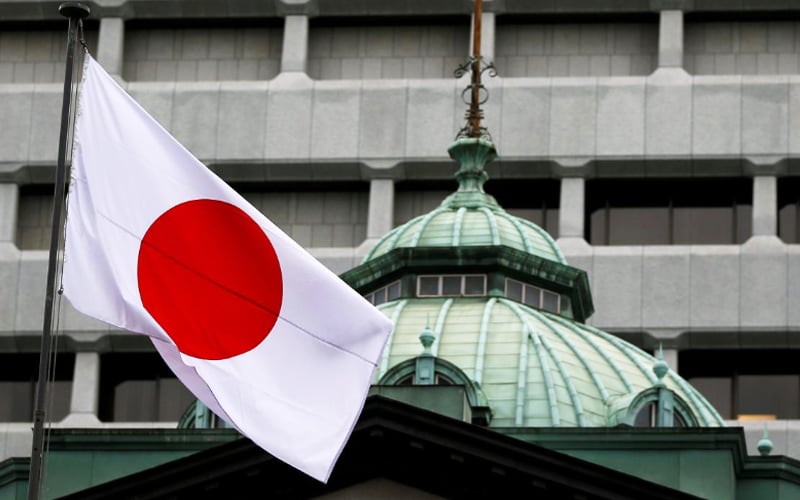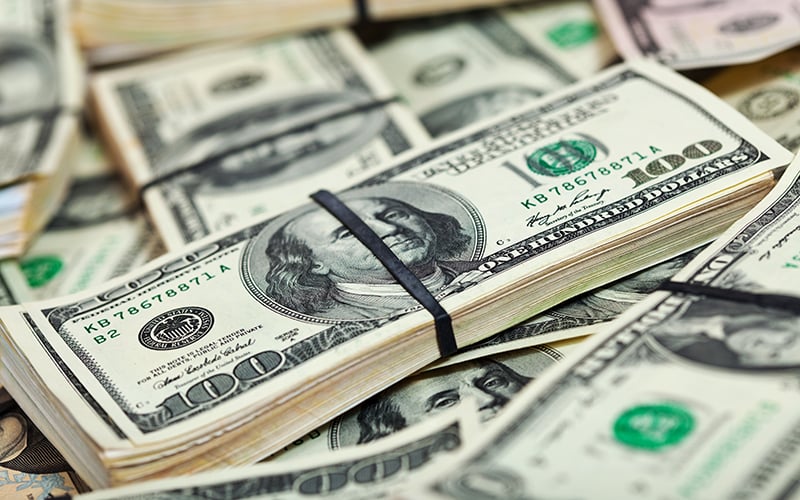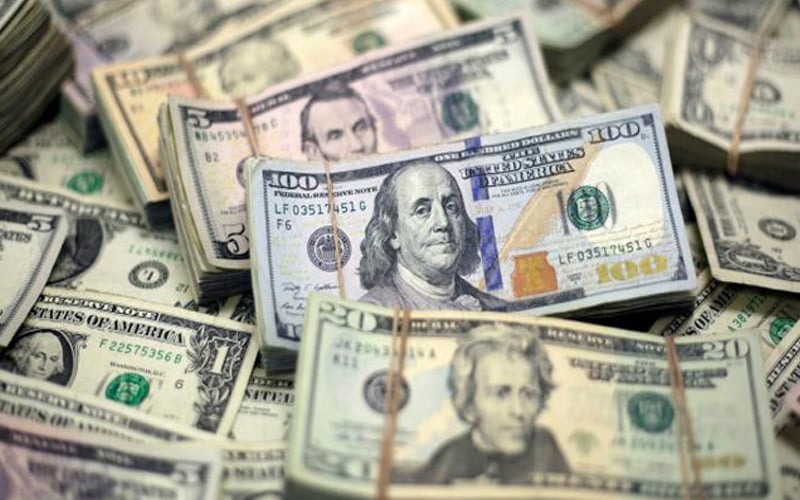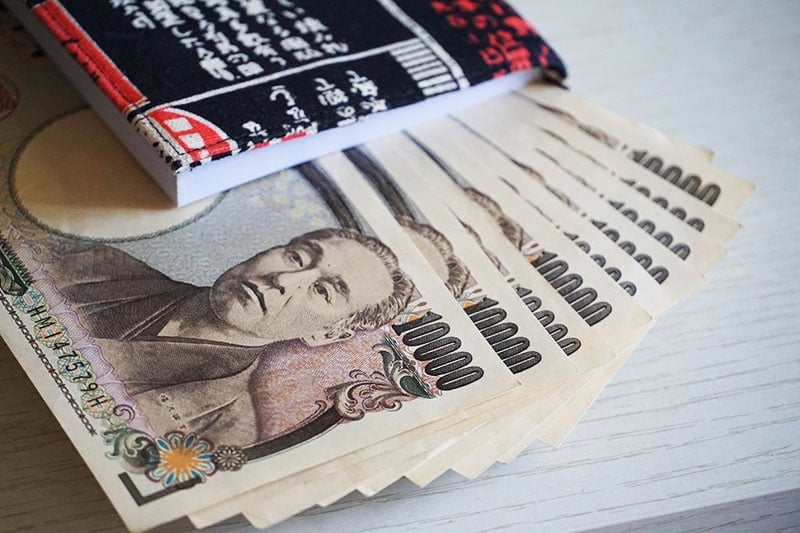Tokyo sidesteps intervention questions after dollar tops 150 yen


TOKYO: Japan’s top currency officials would not comment Wednesday on whether Tokyo had intervened to support the yen after it slid to its weakest level in a year.
In mid-afternoon trading in London, the dollar/yen rate hit 150.16, its cheapest since October 2022, before quickly bouncing back.
In Tokyo morning hours, the dollar fetched 149.10 yen, against 148.85 yen in New York late Tuesday.
The yen’s weakening reflects a mix of ultra-loose monetary policy in Japan coupled with rising US interest rates that are attracting investors to the dollar.
Analysts had speculated that the yen’s decline could prompt the Bank of Japan to prop up its currency, since weakness increases the cost of imports such as food and energy.
“I don’t answer questions of whether we intervened or not,” finance minister Shunichi Suzuki told reporters, according to Jiji Press.
“We would take necessary measures to excessive (currency) movement without excluding any (policy options),” he added.
His comments came a few hours after top currency diplomat Masato Kanda declined to say whether his ministry intervened in the exchange-rate market or not.
In September 2022, Japan’s finance ministry intervened in the currency market for the first time since 1998 after the yen fell to 146.
It spent around US$20 billion followed by another US$40 billion in subsequent weeks as the currency dropped beyond 151 per dollar.
The intervention saw the exchange hit 140.70 yen at one point.
In recent months, the yen has plummeted against the dollar in part because of the widening gap in interest rates set by the Bank of Japan and the US Federal Reserve.
Most major central banks, including the Fed, have raised interest rates to tame inflation.
While the Bank of Japan has tweaked its yield curve control scheme for government bonds, it has stuck to sub-zero borrowing costs to support the lacklustre economy.
BOJ governor Kazuo Ueda last month poured cold water on expectations that this stance could change because of sticky inflation.
A weaker yen has some positive effects on exporters as it makes Japanese goods cheaper abroad and inflates firms’ repatriated profits.
However, the rapid depreciation of the yen has pushed up costs of imported goods for consumers and businesses, prompting concerns that the negative impact may overwhelm positive aspects.
Desain Rumah Kabin
Rumah Kabin Kontena
Harga Rumah Kabin
Kos Rumah Kontena
Rumah Kabin 2 Tingkat
Rumah Kabin Panas
Rumah Kabin Murah
Sewa Rumah Kabin
Heavy Duty Cabin
Light Duty Cabin
Source






















